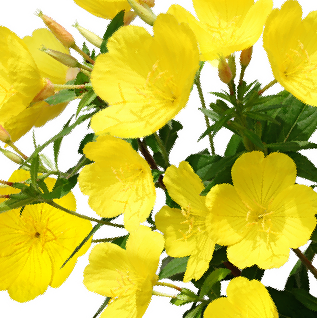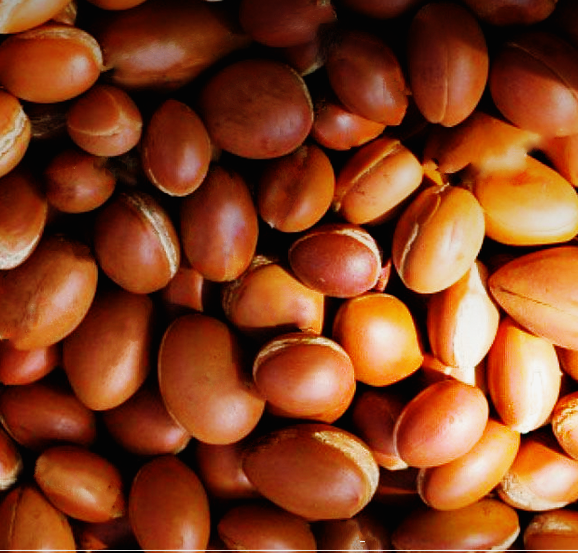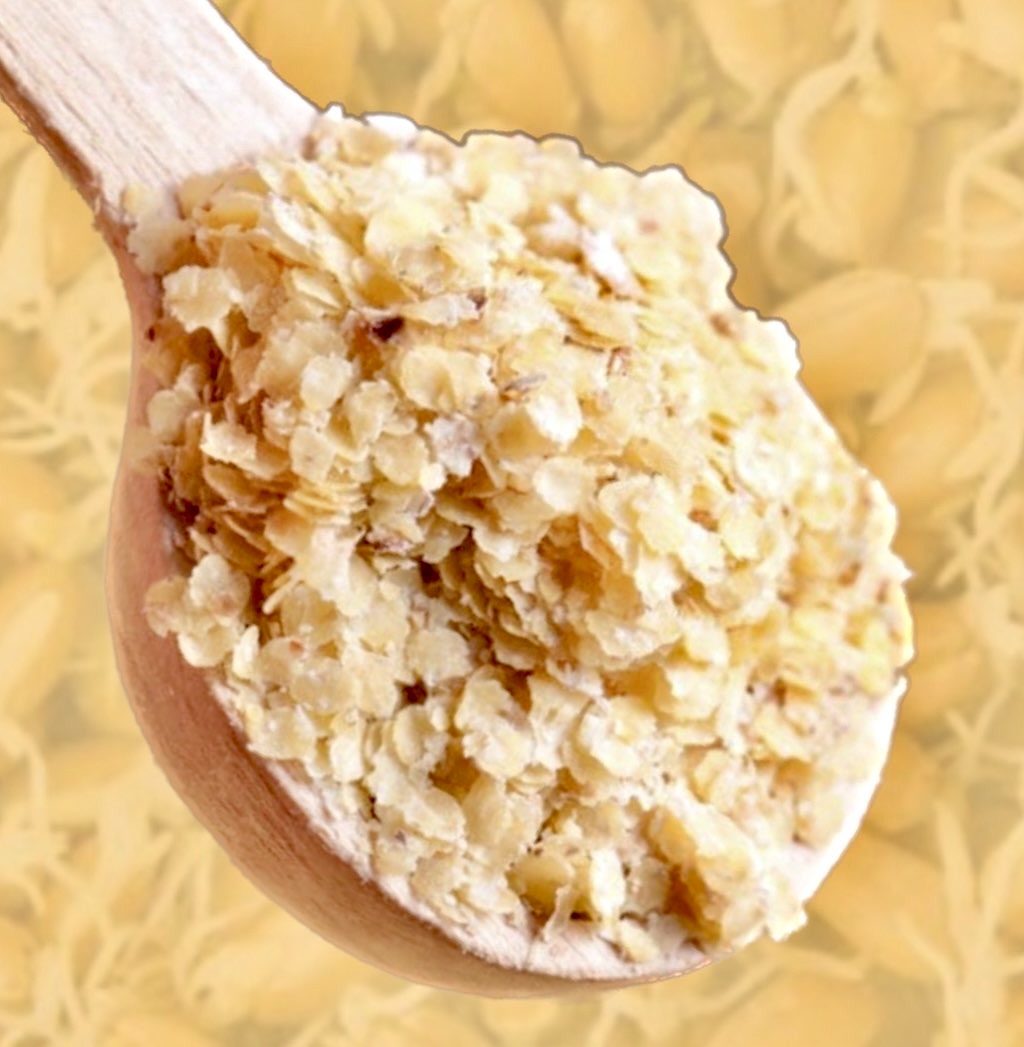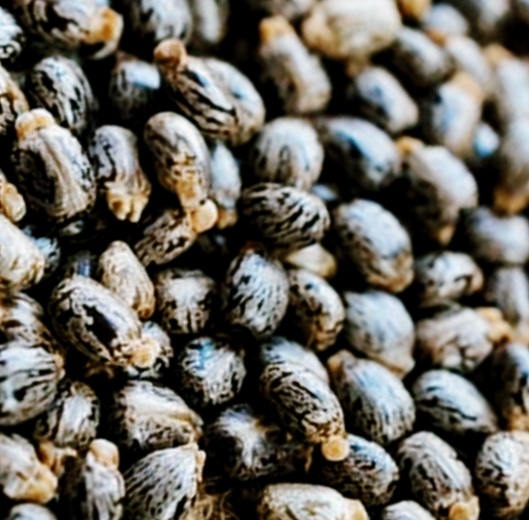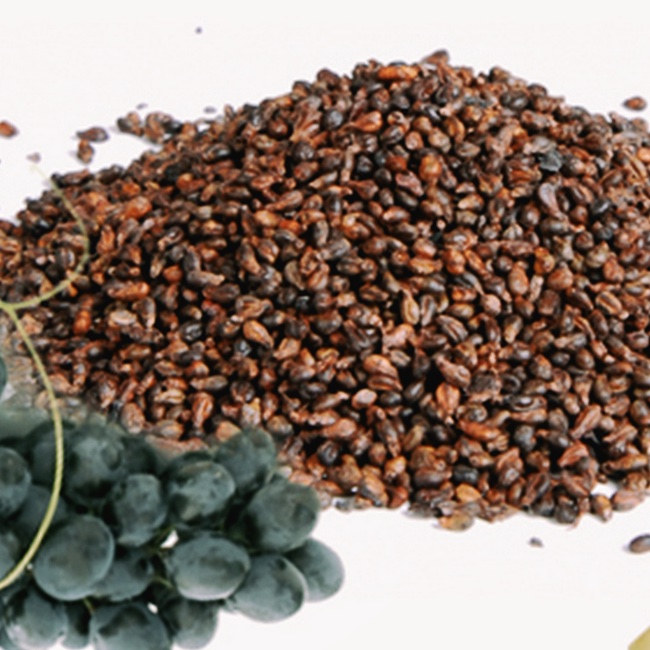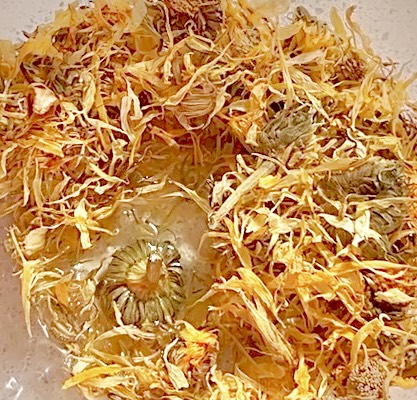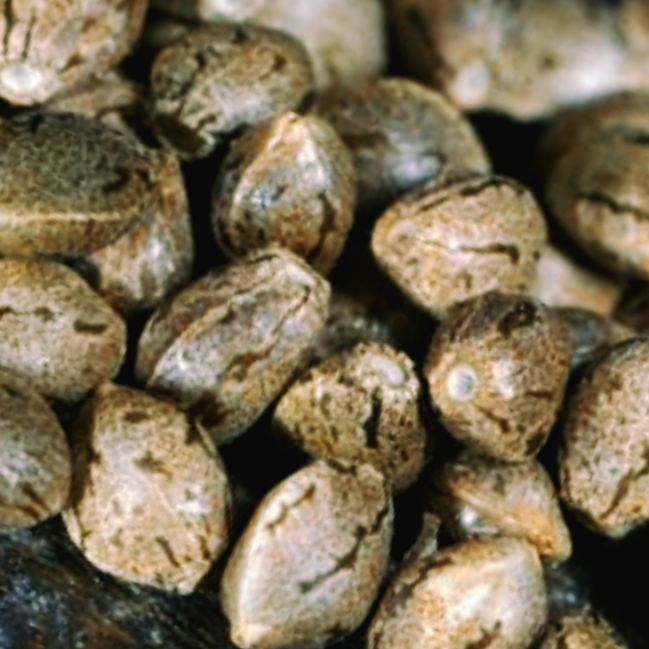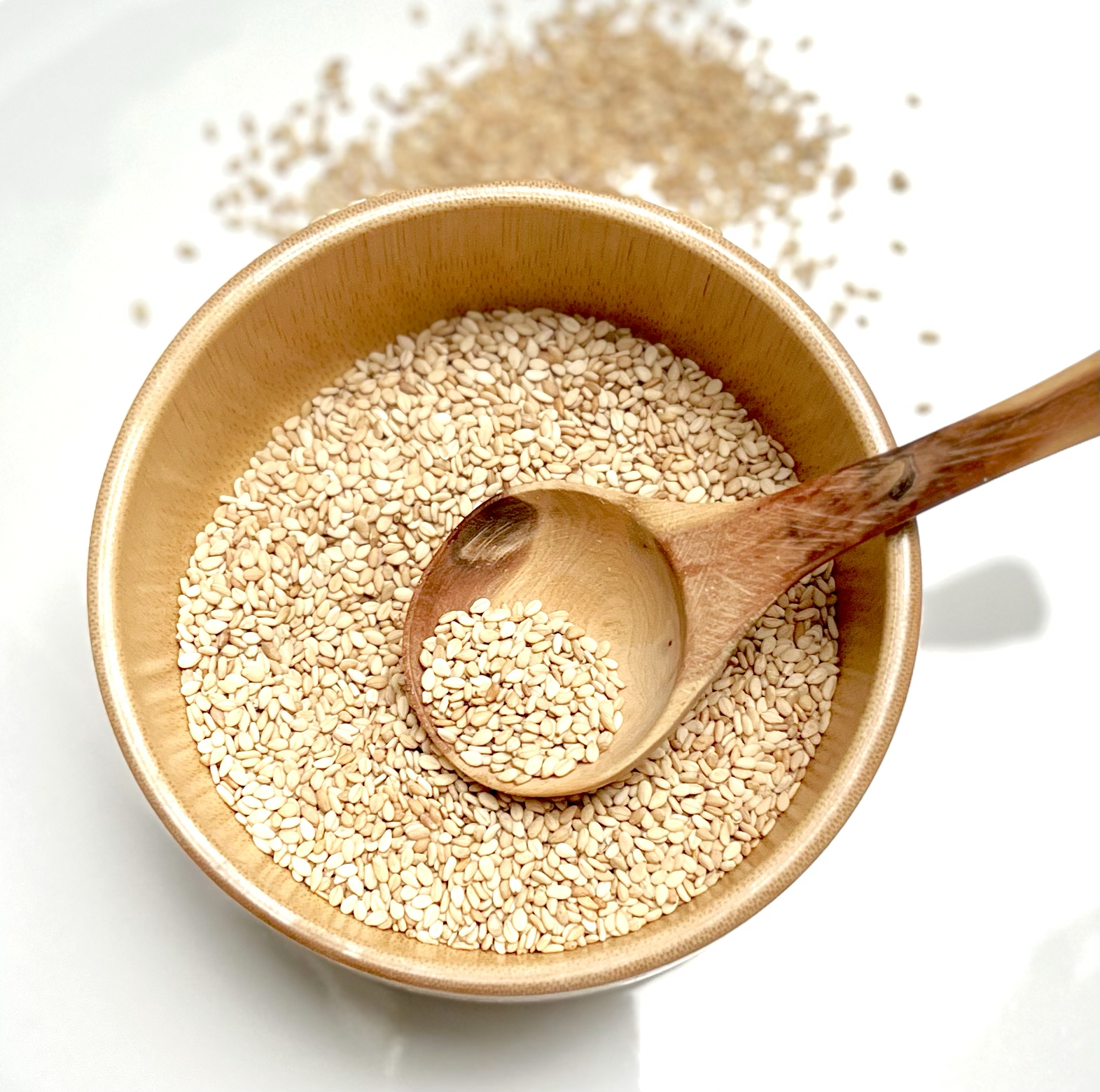Introduction
In our modern, stress-filled world, discovering natural remedies to promote relaxation and overall well-being has become a top priority. Aromatherapy, an ancient healing practice harnessing the potency of essential oils, is gaining widespread popularity. This blog post delves into the origins, benefits, and versatile applications of aromatherapy, shedding light on its captivating and therapeutic nature.
The origins of Aromatherapy
Aromatherapy, as we know it today, can be traced back thousands of years to ancient civilizations such as the Egyptians, Greeks, and Chinese. These ancient cultures discovered the remarkable properties of aromatic plants and their ability to influence emotions, heal ailments, and uplift the spirit. They used aromatic substances in rituals, religious ceremonies, and medicinal practices.
The term “aromatherapy” was coined in the early 20th century by French chemist Rene-Maurice Gattefosse. After accidentally burning his hand, Gattefosse plunged it into a vat of lavender essential oil, noticing that the oil promoted rapid healing and minimized scarring. This serendipitous event sparked his interest in essential oils and led to his research into their therapeutic properties.
The science behind Aromatherapy
Aromatherapy operates on the principle that the inhalation and topical application of essential oils can positively impact the body and mind. Essential oils are derived from various parts of aromatic plants, including flowers, leaves, stems, roots, and fruits, through processes like steam distillation or cold-pressing. These oils contain concentrated compounds that give them their unique fragrance and therapeutic properties.
When inhaled, the aromatic molecules of essential oils stimulate the olfactory system, which is directly linked to the limbic system in the brain. The limbic system plays a crucial role in emotions, memory, and behaviour, making it the bridge between scents and emotional responses. As a result, certain essential oils can evoke feelings of calmness, relaxation, or even rejuvenation.
Benefits of Aromatherapy
1. Stress Reduction: Aromatherapy can help alleviate stress and anxiety by promoting the production of neurotransmitters like serotonin and dopamine, which are associated with feelings of happiness and relaxation.
2. Improved Sleep: Certain essential oils, such as lavender and chamomile, have sedative properties that aid in promoting better sleep and combating insomnia.
3. Enhanced Mood: Aromatherapy can positively impact mood and emotional well-being by triggering positive memories and emotions through scent associations.
4. Pain Relief: Some essential oils possess anti-inflammatory and analgesic properties, making them effective in reducing pain and discomfort from various conditions.
5. Immune System Support: Certain essential oils have antimicrobial and antiviral properties that can help strengthen the immune system and defend against infections.
Applications of Aromatherapy
Aromatherapy can be practiced in various ways, depending on personal preferences and desired outcomes:
1. Inhalation: Diffusers, inhalers, or simply inhaling essential oils from a tissue can be an effective way to experience the benefits of aromatherapy.
2. Topical Application: Diluted essential oils can be applied to the skin through massage, bath oils, lotions, or compresses for localized relief and absorption.
3. Aromatic Baths: Adding a few drops of essential oils to a warm bath can create a soothing and therapeutic experience for both the body and mind.
4. Room Sprays: Aromatic room sprays can be used to freshen up living spaces while creating a calming atmosphere.
Conclusion
Aromatherapy is a holistic approach to well-being that harnesses the natural healing powers of plants. By incorporating the gentle yet powerful influence of essential oils into our daily lives, we can enhance our emotional balance, alleviate stress, and improve overall health. As we embrace the ancient art and science of aromatherapy, we embark on a journey of self-care and self-discovery, connecting with nature’s remedies to achieve a state of harmony and tranquillity in the fast-paced world we live in.
